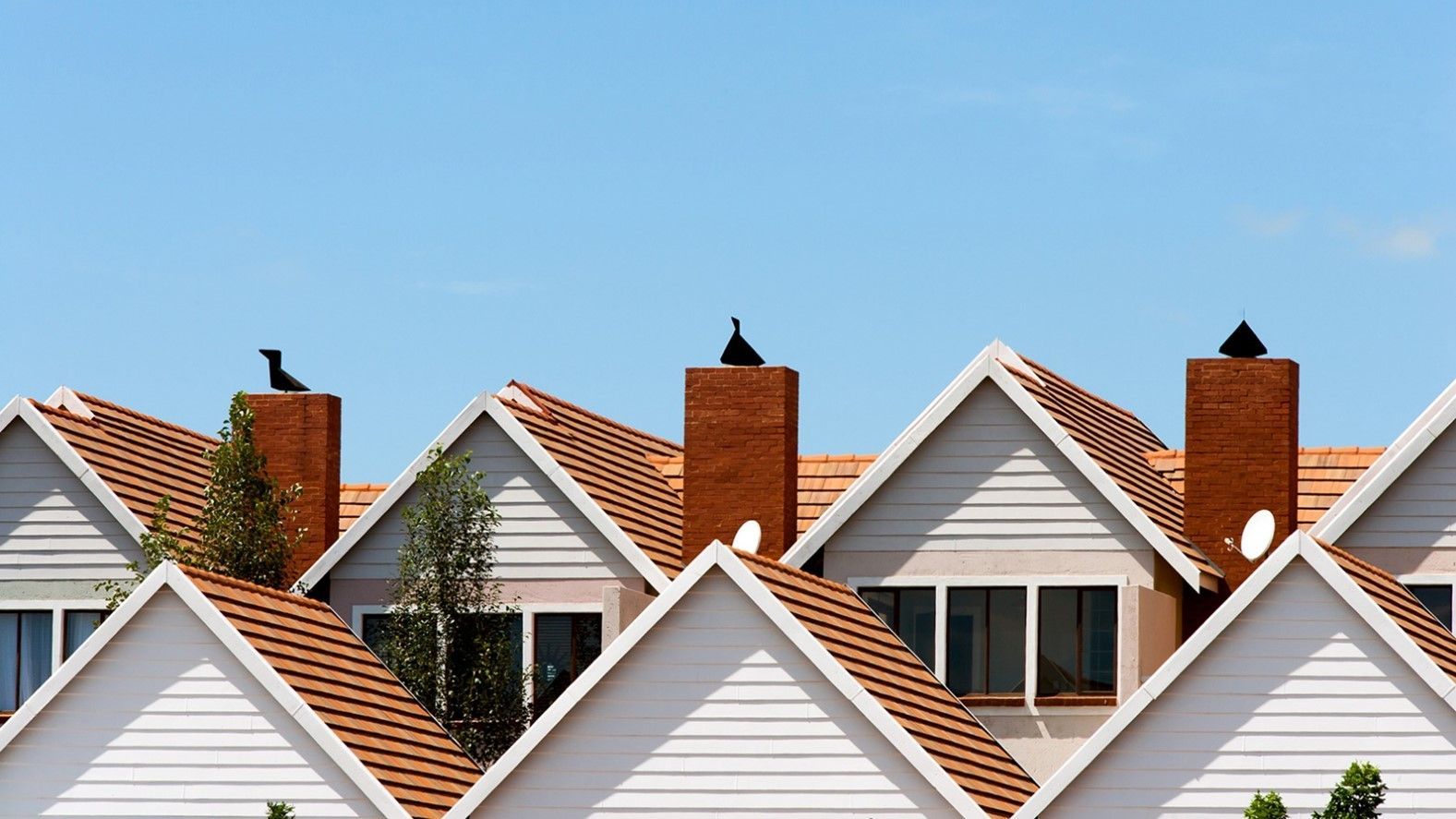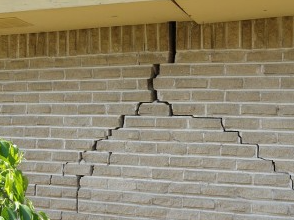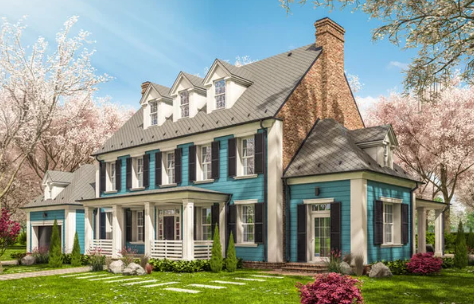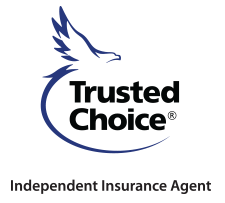Surprising Factors That Impact Your Home Insurance Rate
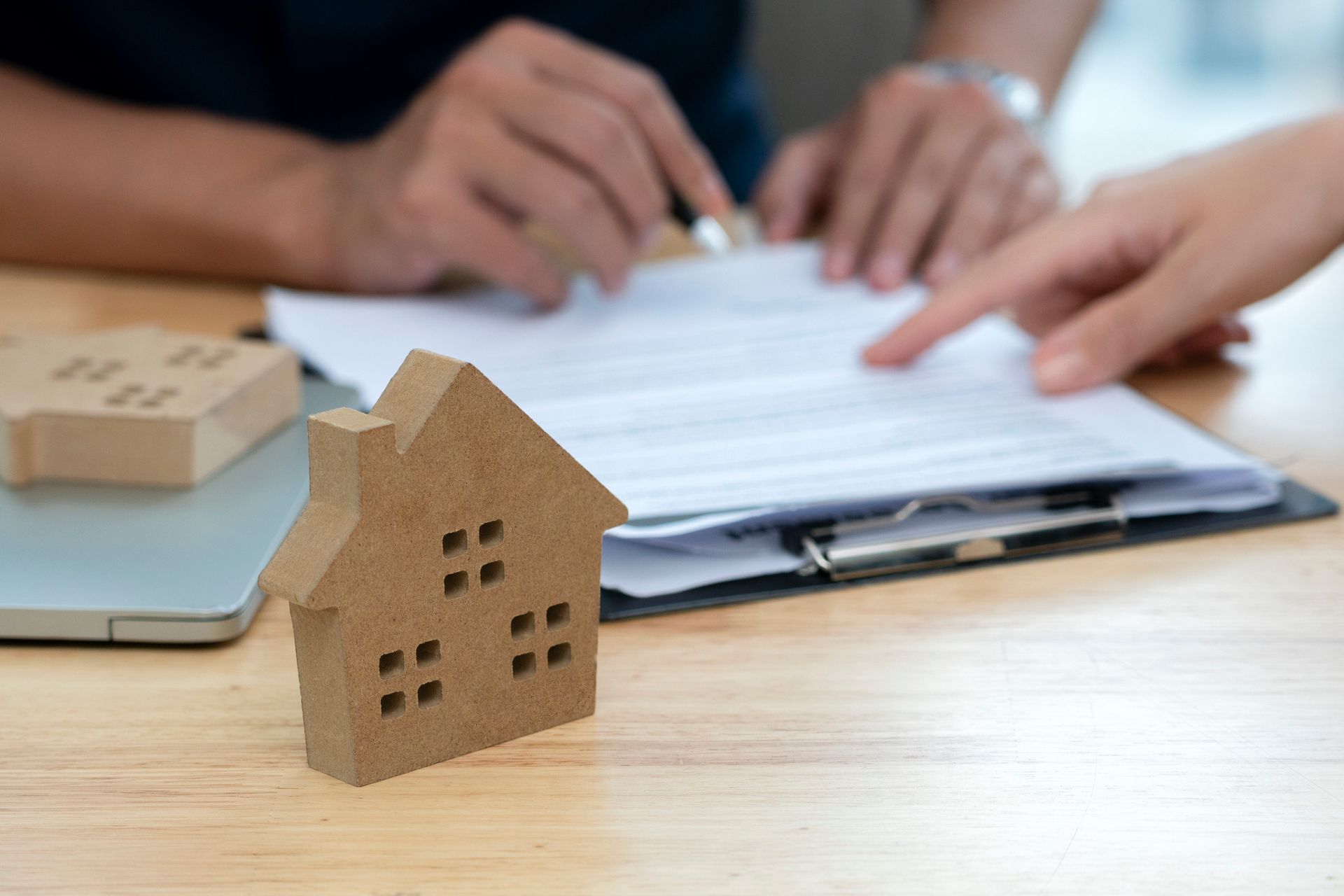
Though factors relating to a home’s construction and replacement cost, claims history and the insured’s credit-based insurance score may be significant, there are other factors considered in setting rates that may surprise you.
- Type of home insurance policy: There are several different types of home insurance available, which differ in terms of benefits, perils covered, cost and kinds of homes that qualify for coverage. Talking with a licensed insurance agent may be useful to help you understand the different types of home insurance policy types and which may be right for you.
- Distance from water: Flood zones play a key role in whether you need flood insurance. If you have a federally backed mortgage, like an FHA and your home is in a high-risk flood zone, you’re required to have flood insurance.
- Distance from a fire station: Wherever you live, the premiums you pay for home insurance are likely to be impacted by the proximity of your home to a fire department and fire hydrant. The closer you are to a fire station and hydrant, the greater the likelihood a fire can be quickly extinguished, and severe damage or complete destruction of your home averted. The insurance industry generally uses the Fire Suppression Rating Schedule (FSRS) from the Insurance Services Office ISO) to determine your home’s fire risk.
- Dog breed: Having pets, especially certain dog breeds and exotic animals, may also impact your rates or even your eligibility with some companies. Some companies will simply raise your rates to account for the increased ‘bite risk.’ Even if your dog isn’t a ‘restricted breed’, a bite history could also impact your rate or ability to get coverage. However, if you are disabled and have a service animal or emotional support animal with specialty training, discuss this with your provider to see if a lower cost or discount will apply.
- Attractive nuisances: If you have attractive nuisances or items on your property that could be potentially dangerous and appealing — especially to children — like a pool or trampoline, you will likely see higher homeowners’ insurance costs or eligibility restrictions. Many home insurers will not insure your property if you have a trampoline or a diving board for your swimming pool.
This is just a snapshot of some of the more common factors that affect your home insurance rates. There are many factors that may affect homeowners’ insurance premiums, including ones that might not be mentioned.
How do endorsements affect your home insurance premium?
Adding endorsements to your policy typically raises your insurance premium because you’re getting more robust coverage.
The cost to add endorsements varies by endorsement type and insurance provider. In many cases, the cost of an endorsement will depend on your personal rating factors. For instance, if you add a scheduled personal property endorsement to cover valuables like jewelry, the cost to add the endorsement will be based on the value of the items you’re insuring.
Although adding endorsements may raise your premium, the enhanced coverage might save you significant out-of-pocket costs if you experience a covered peril.
Here are some common endorsements or additional policies that may be beneficial to homeowners:
- Flood insurance: Flood insurance is typically excluded from standard home insurance policies. Although some providers offer flood insurance as an endorsement, flood insurance usually comes in the form of a separate policy purchased from the National Flood Insurance Program (NFIP) or a private insurer. Even if you don’t live in a high-risk area for floods, you may still consider flood insurance. According to the Insurance Information Institute (Triple-I), 90 percent of all natural disasters in the U.S. involve flooding, and flood damage strikes frequently in low or moderate risk areas. Flood insurance is typically a requirement if you have a mortgage, and your house is in a flood plain.
- Earthquake insurance: If your home is near a fault line or area where mining or fracking is done, you may want to add earthquake insurance. This type of endorsement typically covers damage caused by a seismic event. However, many insurance providers specify a time after the event. For instance, your policy might note that only damage within 72 hours of a seismic event is covered. Even if you don’t live near a fault line, you might consider earthquake coverage. The National Association of Insurance Commissioners states that 42 states are at risk of experiencing an earthquake.
- Umbrella policy: These policies are intended to supplement your personal liability coverage. Liability coverage helps pay for legal expenses and medical costs if someone is injured on your property or you are liable for damage to someone else’s property. If you decide that your liability coverage does not provide enough financial protection, an umbrella policy could help increase your coverage. An umbrella policy may make sense if you have a high net worth, have an attractive nuisance on your property, regularly host parties at your home or simply want a greater level of liability protection for your home and vehicles at a reasonable cost.
- Sewer backup policy: Sewer backup insurance is not automatically covered by a homeowners insurance policy. Having this added as an endorsement to your insurance policy will help protect you financially if you experience a sewer or water backup that damages your home or belongings.
There may be other options you may want to add. Speak to a licensed, experienced insurance professional at Lisa Broadbent Insurance at
(302) 731-0044 to discuss optional coverages and additional policies to help create a robust insurance package for you and your home.





